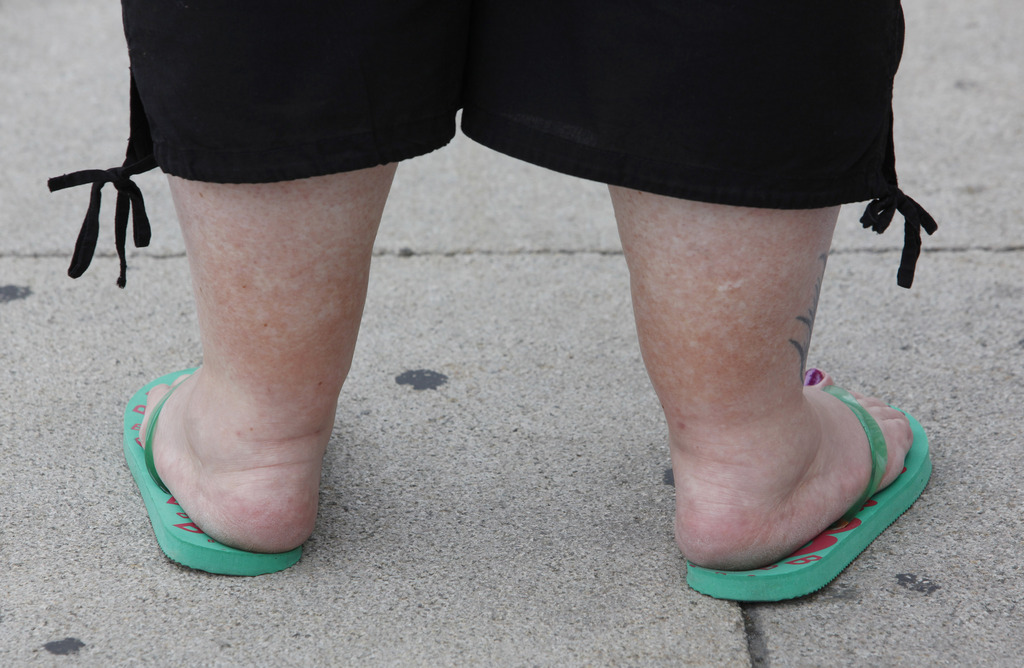Research finds that fibre fights asthma

A low-fibre diet is probably to blame for the asthma epidemic, according to a research project funded by the Swiss National Science Foundation (SNSF). Lausanne scientists have found that skimping on fruit and vegetables can reduce the immune response of the lungs.
According to researchers at Lausanne University Hospital, there’s a connection between the increase in asthma incidence over the past 50 years and a change in dietary habits that has people consuming fewer portions of fibre-rich fruit and vegetables.
In experiments with mice, the team found that the lack of fermentable fibres in people’s diets paves the way for allergic inflammatory reactions in the lungs.
For some time, scientists have known that bacteria in the gut, which digest and ferment fibres, play a significant role in preventing intestinal cancer.
“We are now showing for the first time that the influence of gut bacteria extends much further, namely up to the lungs,” said team leader Benjamin Marsland in a statement on Monday. Researchers either put mice on a standard diet with 4% fermentable fibres or gave them low-fibre food with merely 0.3% fermentable fibres. This low-fibre food is comparable to the Western diet, which typically contains no more than 0.6% fibres.
When the Swiss researchers exposed the mice to dust mites, the mice on the low-fibre diet developed a stronger allergic reaction with much more mucus in their lungs than the mice on the standard diet. Conversely, a comparison between mice on a standard diet and mice who received food enriched with fermentable fibres likewise showed that these dietary fibres have a protective influence.
Marsland’s team has demonstrated that a multi-level chain reaction provides the protection. First the fibres reach the intestine, where they are fermented by bacteria and transformed into fatty acids. These acids then enter the bloodstream and influence the development of immune cells in the bone marrow. Attracted by the extract of house dust mites, these immune cells wander into the lungs, where they eventually trigger a weaker allergic response.
The team at Lausanne University Hospital will continue its research.
“We plan to conduct clinical studies to find out how a diet enriched with fermentable fibres affects allergies and inflammations,” said Marsland.

In compliance with the JTI standards
More: SWI swissinfo.ch certified by the Journalism Trust Initiative


You can find an overview of ongoing debates with our journalists here. Please join us!
If you want to start a conversation about a topic raised in this article or want to report factual errors, email us at english@swissinfo.ch.